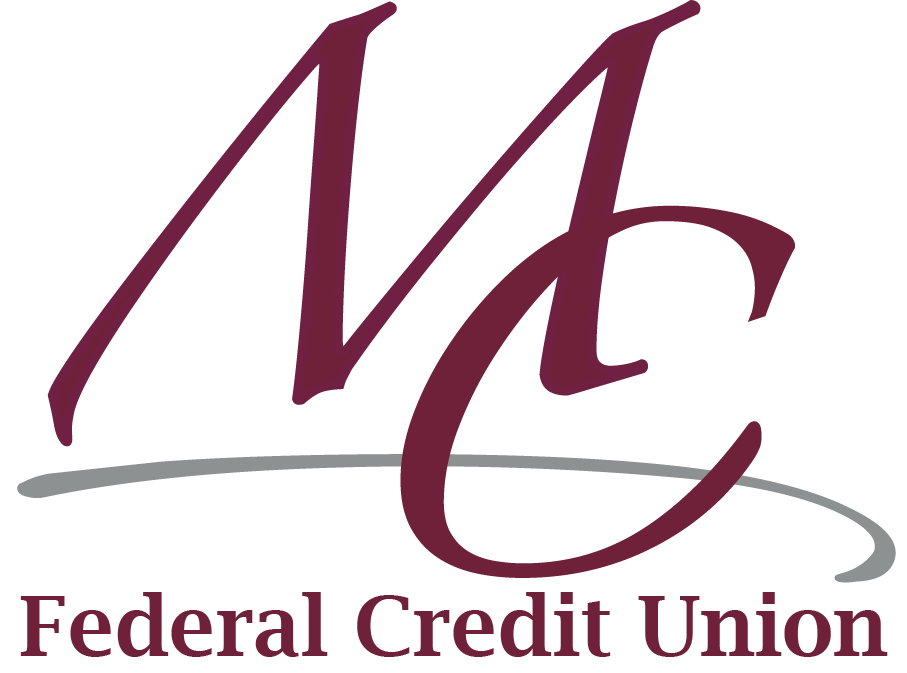The prevalence of self-care messaging reminds us to nurture our physical and mental well-being—with mindfulness practices, exercise routines, and virtual detoxing. But what about financial self-care?
When we cultivate positive money habits and plan for our future we are (quite literally) investing in ourselves. Financial self-care is rooted in self-awareness, discipline, and intentionality. Here are several ways you can practice financial self-care, starting now.
Build a Budget
Building a budget is akin to giving yourself the gift of clarity: it allows you to track expenses, identify potential areas where you can trim spending, and allocate funds to help you achieve financial goals. Rather than seeing budgeting as a restrictive practice, frame it as a tool that grants you freedom to spend where it matters. Connect with your financial institution to see what budgeting tools they offer and check out this interactive budgeting worksheet in the meantime.
Create an Emergency Fund
More than half of Americans fear they wouldn’t be able to cover daily living expenses for a month if they lost their income tomorrow, according to a recent Bankrate survey. Invest in your future peace of mind: set up an automatic, recurring savings deposit with the goal of setting three to six months’ worth of living expenses aside. If you’re living paycheck to paycheck, you can start small by setting aside 2% of your net income and gradually increasing your contribution rate when possible.
Tackle Debt
With recent federal interest rate hikes, borrowing costs have reached historic highs which means even your debt is costing you more money. If you’re feeling overwhelmed, you’re not alone. Taking proactive steps towards debt reduction can improve your financial health and significantly reduce your stress. Unsure where to begin? Explore a Debt Management Program, designed to pay off your debt in 3-5 years and deepen your financial resilience.
Plan for Retirement
If your employer offers a 401(k)-retirement plan, take advantage of this benefit (especially if your company matches part or all of your contribution). Don’t have a workplace retirement account? You can still open a Roth IRA—a tax-advantaged retirement savings account. If you find it challenging to save throughout the year, consider setting aside part or all of your tax refund as a way to begin investing without impacting your day-to-day budget.
Get Educated
One of the most empowering aspects of financial self-care is education. Chat with your financial institution about what resources they offer. If you want to explore courses and are worried about costs, take advantage of free financial education online. Whether you’re preparing to buy a home or navigating your auto loan, these sessions offer jargon-free, shame-free guidance to help you reach your financial goals.







